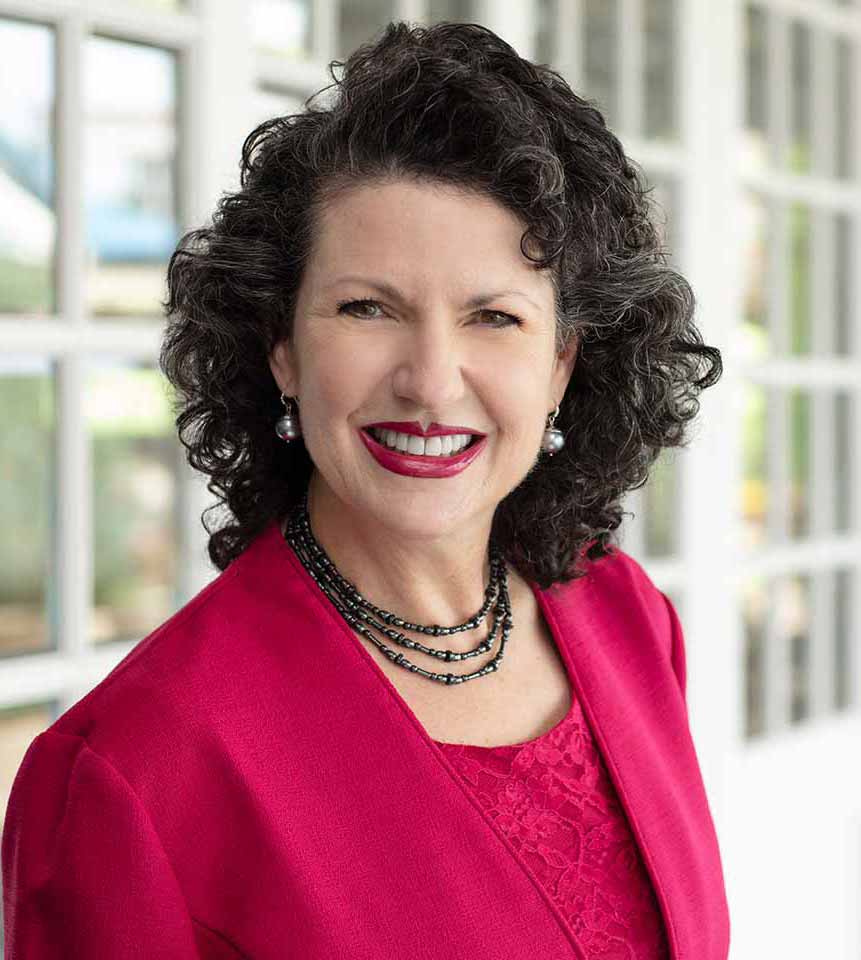
Divorce & Relationship Recovery Therapy
The ending of a marriage can be an emotionally taxing journey, no matter how confident you are in your decision. Divorce often brings a wide range of intense emotions, including grief, confusion, anxiety, and guilt — particularly if children are involved. Divorce recovery counseling helps individuals heal throughout their journey by processing their emotions and developing invaluable new coping skills.
Schedule An Individual or Dual Therapy Session
Book Online
Therapy During the Divorce Process
Divorce can be one of the most significant stressors you experience, but it can also mean freedom from a toxic situation and individual. Receiving therapy during your divorce is a helpful way to deal with emotions and make the best decisions under challenging circumstances.
Therapy Before and During Your Divorce
Many believe seeing a therapist may harm their divorce case, especially if custody is involved. But, your sessions are confidential, so your therapist will not disclose your discussions unless you provide signed consent. In some cases, what you share may benefit your case, and your attorney will advise you. Still, the content of your therapy sessions is privileged information.
Working with a therapist during your divorce can make the process easier. Individuals who see therapists before and during the divorce tend to be grounded, rational and equipped to face the legal aspects because they have processed the emotional impact. They are ready for the next healthy chapter of their lives, knowing what to expect throughout the stages.
Individuals who haven’t worked with a therapist may struggle with the emotional aspect of divorce, including digesting information and filtering emotions.

How Therapy Helps You During the Divorce
Therapy can benefit you whether you have filed for divorce or received divorce papers from your spouse. Filing for divorce to remove yourself from a toxic relationship can come with positive emotions, and it’s also normal to experience feelings like uncertainty. These emotions are at the forefront of your mind during the legal process and influence every decision you make. A therapist helps you deal with these emotions and make rational decisions during aspects like property division and, if you have kids, custody arrangements.
If you are served with divorce papers, it may be a shock. Therapy equips you to process these feelings and separate them from your strategic legal decisions. This support helps you take important, healthy steps to a happier future.
Schedule A Counseling Session
Book Online
Divorce Recovery Therapy for Your Kids
Divorce is tough on kids, no matter the circumstances. Explaining that the situation is not a reflection of their behavior or actions and guiding them on what they can expect is incredibly important and helpful.
Having them see a therapist is also valuable. A therapist provides a safe space where the children won’t feel like they are betraying their parents’ loyalty and can vent, ask questions and deal with uncertainties.
Therapists can equip kids experiencing divorce with healthy ways of expressing their emotions and offer both parents the necessary insights and tools to support their children.

What Is Divorce Recovery?
Divorce recovery refers to the process of emotional, mental and practical healing that takes place throughout every stage of a divorce. Divorce recovery, like any form of healing, is unique to each person. However, recovery often happens in four stages:
- Stabilization: Turning to a support system and establishing coping skills can offer helpful stabilization during the initial healing phase.
- Exploration: During this stage, many people examine what went awry in their marriage and what they want from their future.
- Experimentation: This stage of divorce recovery may involve starting to seek a new relationship, or pursuing life as an independent individual.
- Regaining confidence: At this stage of recovery, you’re confident in your ability to accomplish your goals and pursue happiness on your own terms.
Who Should Seek After-Divorce Therapy?
Divorce recovery counseling can be beneficial to anyone involved in the breakdown of a marriage, including both adults and children. Therapy is an invaluable tool for any divorced couple, whether they attend sessions individually and separately. While many divorced couples who pursue counseling decide to attend on their own, partnered therapy sessions can be a helpful medium to mediate conflict, determine healthy boundaries and set guidelines for the future.
Children can also benefit from after-divorce therapy. Divorce is often emotionally difficult for children, creating feelings like fear, guilt, confusion or abandonment. Many children battle anxiety that they contributed to their parent’s separation, or feel caught in the crossfire of custody arrangements. Divorce therapy can provide an invaluable outside perspective and a space for children to unpack any intense feelings.
Read more: Should I go to Therapy During My Divorce?

Role of Your Therapist vs. Attorney
Most divorce attorneys have a wealth of knowledge and experience, being aware of the different stages and emotions involved. However, lawyers do not have the training to help you deal with the psychological impact constructively and healthily. Lawyers can be sympathetic and advise you from a legal standpoint, but it’s best to process, gather your thoughts and talk through your feelings with a counselor.
Another key benefit of seeing a therapist during your divorce is that it’s more cost-effective. Attorneys charge more per hour than therapists. Your divorce recovery sessions can help you streamline your thoughts, verbalize your expectations and needs and give a precise summary to your lawyer, saving you time and money.
Unfortunately, some spouses weaponize emotions, which is primarily a concern if you are exiting an unhealthy marriage. Your spouse may intentionally act in a way to provoke you. A therapist can help you work through emotions when you are triggered, which avoids unnecessary, emotionally charged court proceedings or the need to file motions. Avoiding additional litigation will save you on legal fees and help you move forward in your next exciting chapter.

The Benefits of Divorce Recovery Therapy
Divorce recovery counseling provides a safe space to work through the emotions associated with the end of your marriage. Through the help of a certified counselor, clients can gain a rational outside perspective, helping them forward on the journey toward self-discovery and growth. Divorce therapy can help you:
- Feel supported as you face the challenges and emotions that often accompany a divorce.
- Learn the necessary skills to cope in a healthy manner during a difficult time.
- Gradually gain a deeper understanding of the dynamics that led to your divorce.
- Determine what you want and need from a future relationship.
- Process and release negative emotions.
- Learn how to communicate with your ex-spouse.
- Discover how to best help and support your children, if any, during this time.
- Look ahead to the future and start your next chapter with confidence.
Pursue Divorce Recovery Therapy at Taylor Counseling Group
If you are going through the challenging process of a divorce, you don’t have to handle it alone. Our team of qualified, compassionate counselors is here to ensure you have the support and resources you need as you step forward into the future. We offer affordable, reliable and accessible counseling in nine locations throughout Central Texas, Houston and San Antonio. We are also available for telehealth counseling appointments online as needed.
Schedule your first appointment with Taylor Counseling Group today — a listening ear is just a phone call away.
Find An Office Near You:
Austin | Dallas- Fort Worth | Houston | San Antonio | Waco



